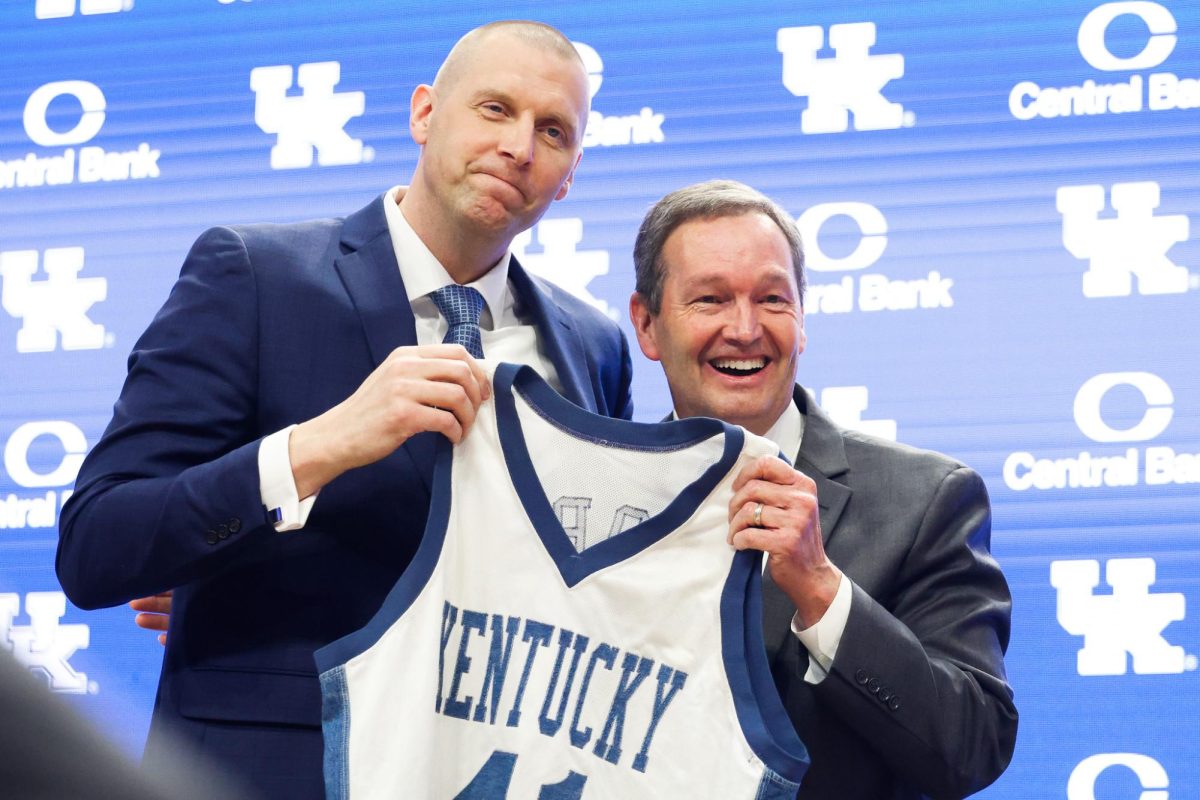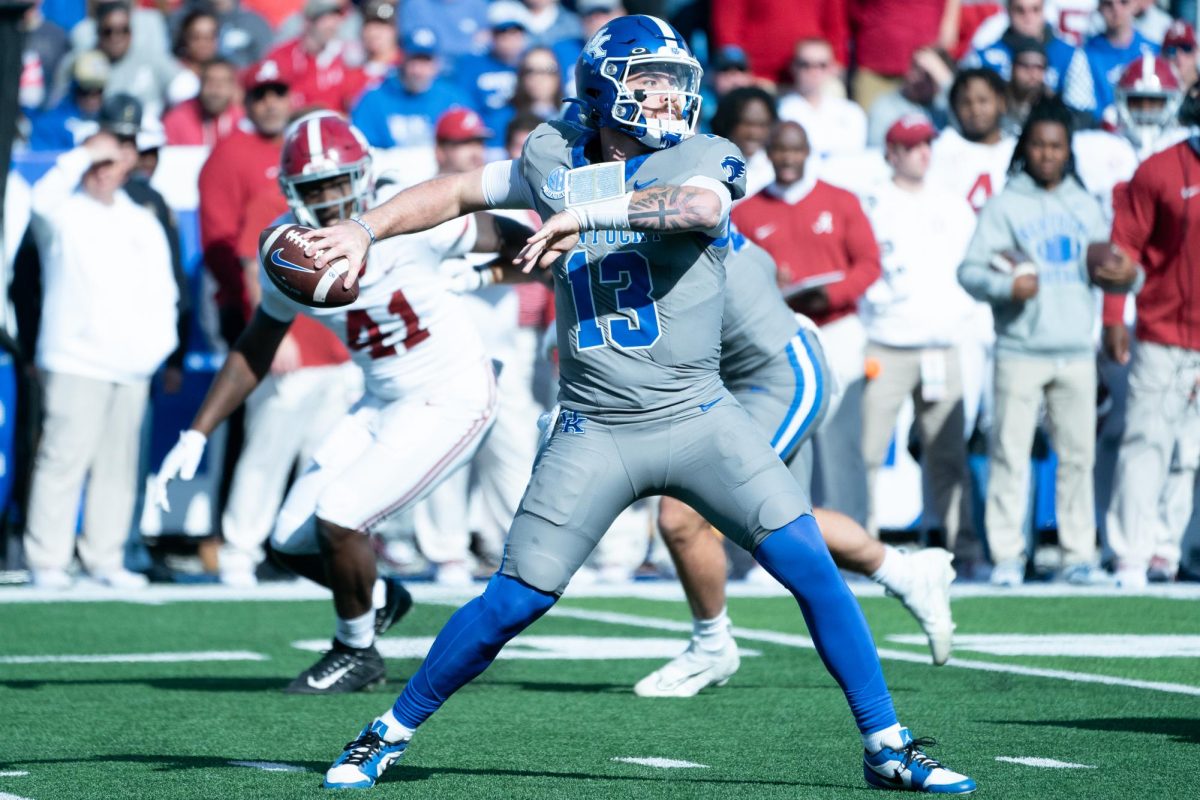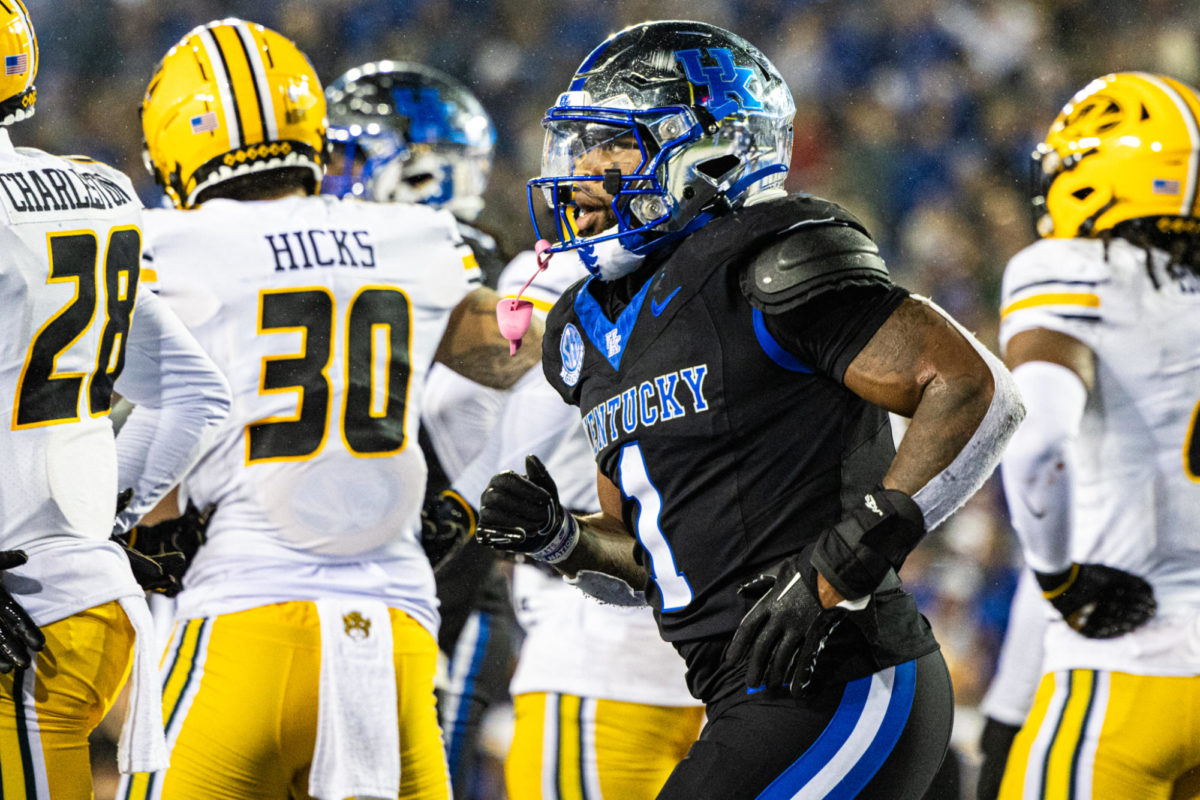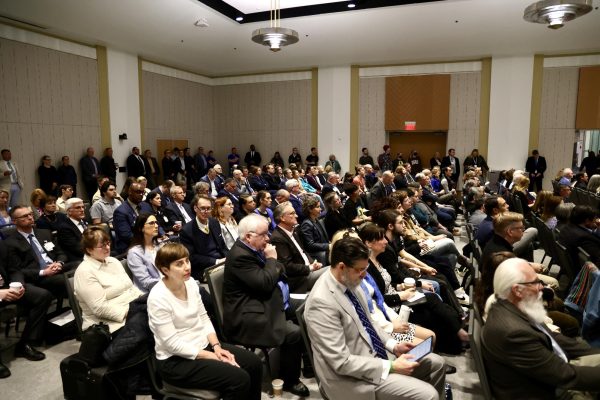To friend or not to friend: Students and professors weigh in on Facebook family relationships
October 18, 2011
It can be exciting to see that bright red notification at the top of the Facebook page, but that excitement might change when that friend request is from Mom or Dad.
People run into the dilemma of accepting right away or putting it off while making sure their Facebook page is “parent acceptable.”
That is the question facing many teens and college students today: to accept or to not accept? When it comes to both parents and students navigating the world of Facebook, things can get a little messy.
While students are away at college, Facebook provides convenient communication for them and their parents to keep in contact while they aren’t living at home.
“When parents are included as friends, and children are away from home, it affords a way to stay in touch that is valuable,” Phil Kraemer, a psychology professor, said in an email to the Kernel.
Kraemer said when he and his wife could not reach their daughter by phone, his wife got on their daughter’s boyfriend’s Facebook page, who was able to contact her.
“Score one for FB,” Kraemer said.
For Tim Lee, a marketing sophomore, Facebook is the main way, other than the phone, he can talk with his parents, who live in Delaware.
“Without Facebook, the distance would seem even further,” Lee said. “Now I can just sign on and chat with them whenever I want.”
Other students might argue that seeing their parents on Facebook makes them feel like they are still in high school living under their parents’ roof.
“I feel like it’s an invasion of privacy, knowing my parents can see all my pictures and read my statuses,” Kyle Crisp, a finance freshman, said, “and I think it’s weird that I can see theirs.”
Crisp said he shouldn’t have to worry about them viewing his profile.
“I understand that they should be allowed to comment on my stuff, but there has to be a line drawn somewhere,” he said.“It’s just not normal for parents to be able to see what their kids did last weekend, or if they had a crazy night.”
Alan DeSantis, a communications professor, made a rule for his teenage daughter when she started using Facebook.
“Don’t post anything you wouldn’t want Grandma or Grandpa to see,” he said.
As a result of not following this rule, she has lost Facebook privileges on more than one occasion.
“I don’t consider it an invasion of privacy at all,” he said. “I’m teaching her that since she is living in a digital world she has to learn how to manage her public persona.”
Some parents feel like they are actually losing valuable communication time with their kids.
“The average American teen spends 7.5 hours a day with digital media,” DeSantis said.
That is time that could be spent communicating with parents.
“There is no substitute for real, face-to-face conversation,” Kraemer said.
For those worried about privacy, Facebook provides the option to make profiles private so only certain friends can see certain things.
“I don’t think my parents being on Facebook is an invasion of privacy at all because I just put the things I don’t want them to see on private, and they respect that,” Monica Murphy, an undergraduate studies sophomore, said. “The important thing is that I include them in my life so that they would never feel the need to spy on my Facebook.”
For Caitlin Banbury, a hospitality management sophomore, she said she doesn’t mind her parents being on Facebook.
“In fact, I’m closer to my mom since she has one,” she said. “I understand that it’s weird that she can see what I’m doing all the time, but I know that’s only to protect me.”
“We are all adults here, we should be able to share a news feed,” Banbury said.
But Crisp has a different opinion.
“When your Mom asks you who that girl was in your profile picture, that’s when things get a little creepy,” Crisp said.





















































































































































